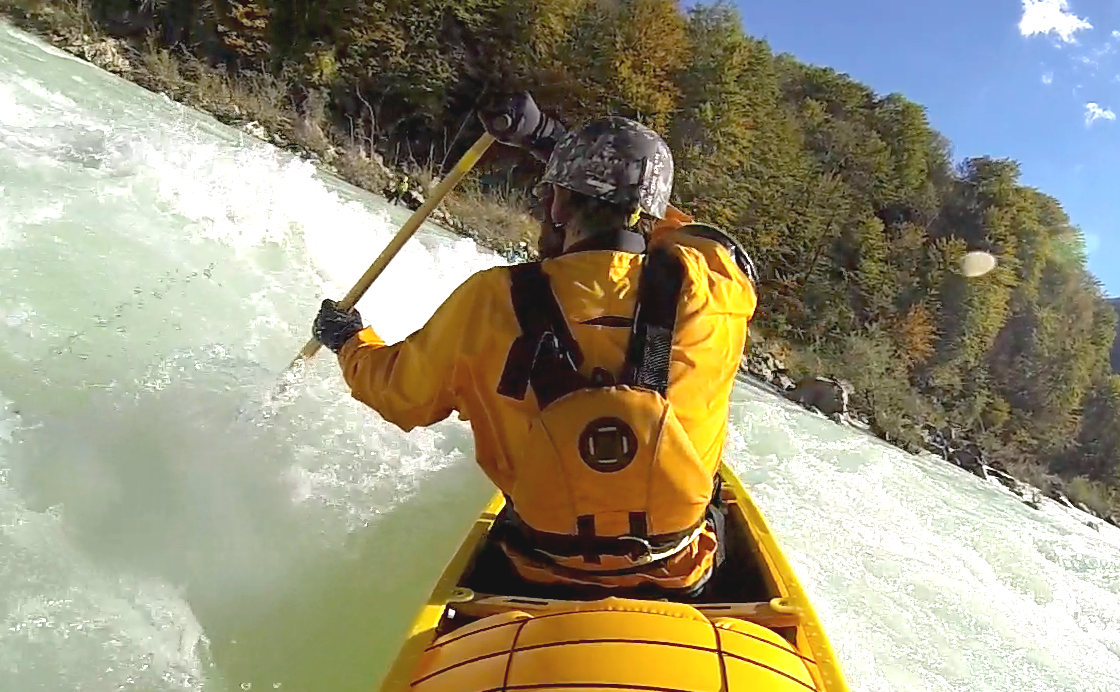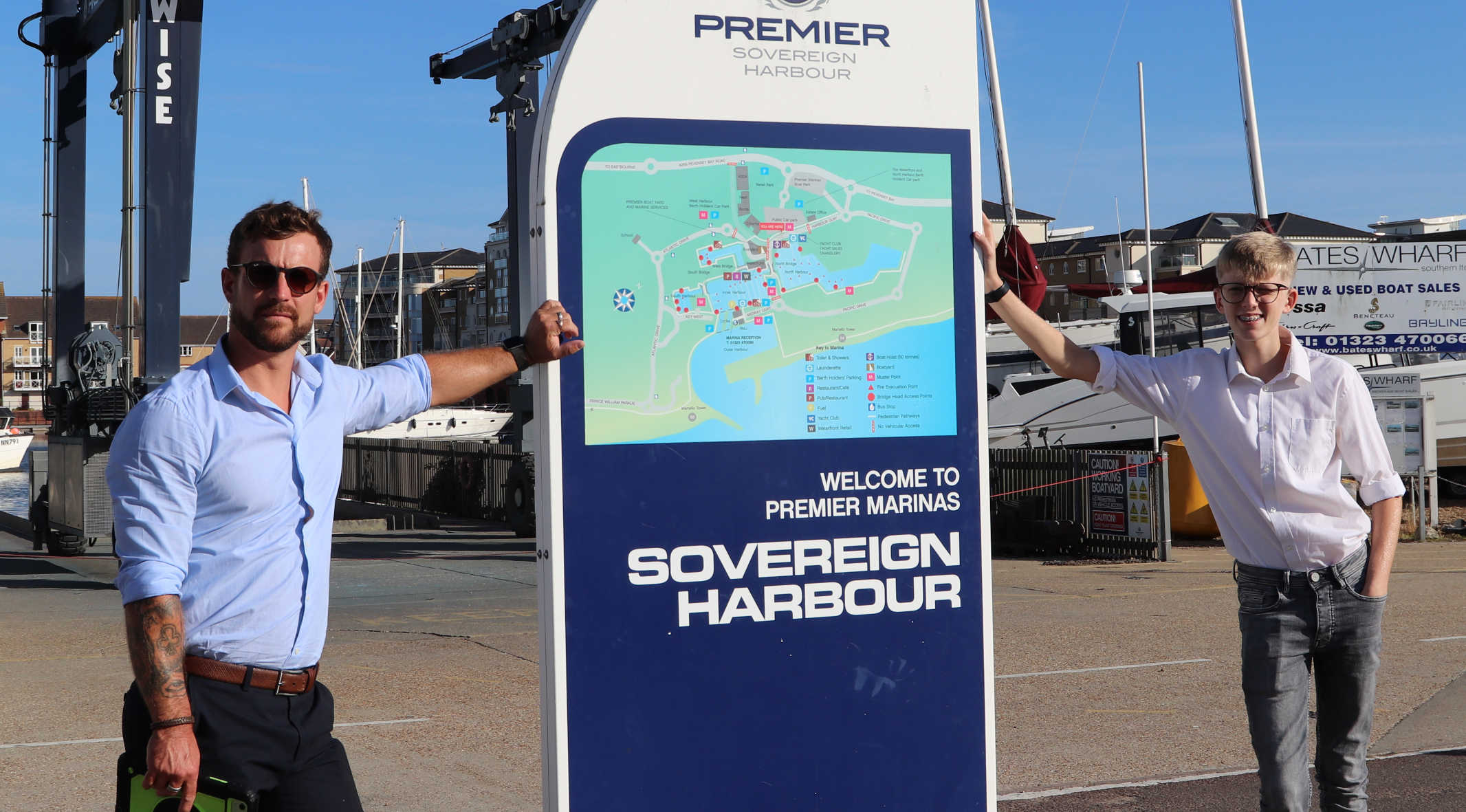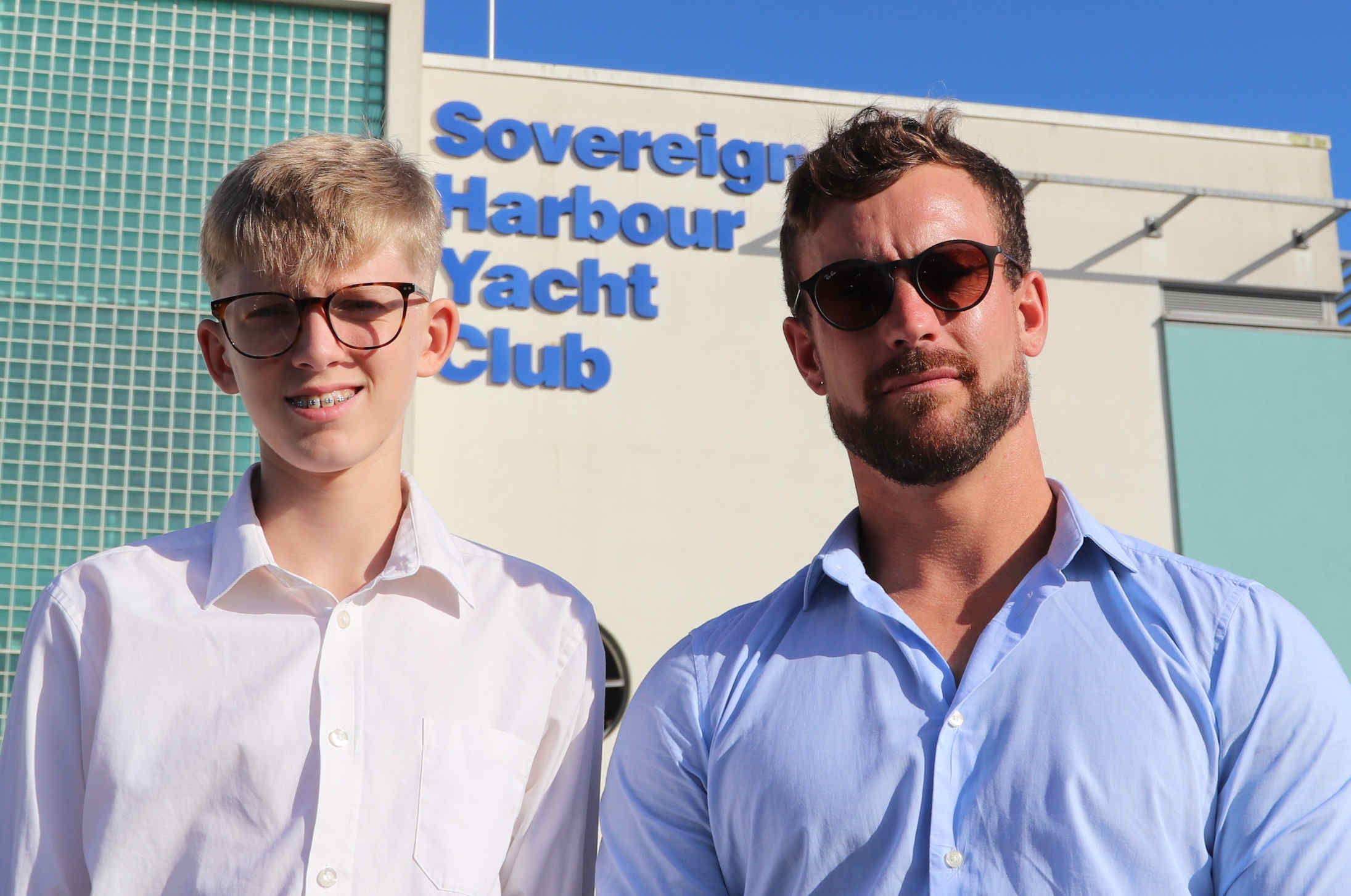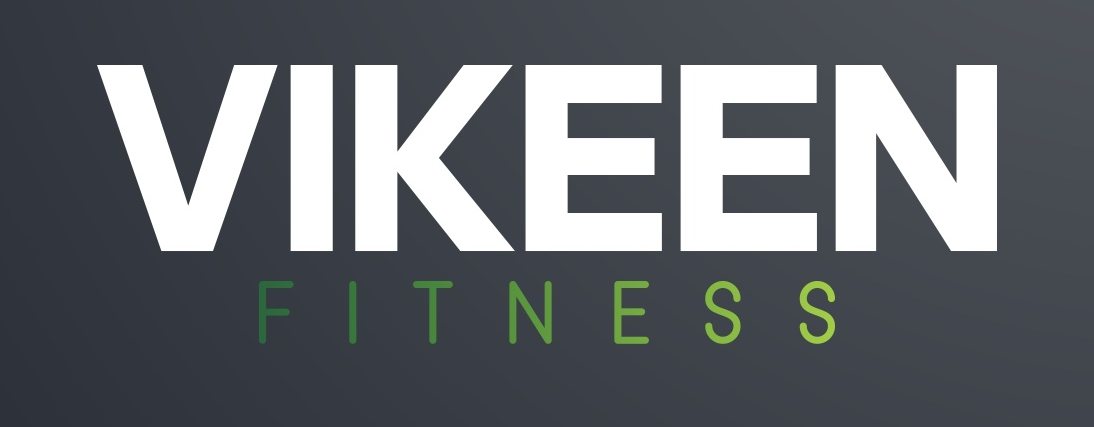
Canoeing is an activity which involves paddling a canoe with a single-bladed paddle. Common meanings of the term are limited to when the canoeing is the central purpose of the activity. Broader meanings include when it is combined with other activities such as canoe camping, or where canoeing is merely a transportation method used to accomplish other activities. Most present-day canoeing is done as or as a part of a sport or recreational activity. In some parts of Europe canoeing refers to both canoeing and kayaking, with a canoe being called an open canoe.
A few of the recreational forms of canoeing are canoe camping and canoe racing. Other forms include a wide range of canoeing on lakes, rivers, oceans, ponds and streams.
There are many ways of improving your canoeing performance. The obvious one most paddlers go to first is simply paddling more. Unfortunately, or fortunately depending on how you look at it, the gains from this alone are limited and you quickly run out of time unless you are a professional athlete. One mode of training that most paddlers neglect or struggle to do well is strength training in the gym or at home. Smart strength training can have a huge impact on
canoeing performance.
Whether you are a competitive paddler training for your next race, looking for adventure in whitewater or love the freedom of touring, you can improve your paddling experience with strength training. A well-planned
canoe strength training program will help you paddle faster and longer, protect you from injury, allow you to get more out of yourself or just enjoy the journey more by not being as fatigued by the demands of paddling.
Indirect improvements in the kayak from strength training come from improved core control, joint stability, and ligament and tendon strength, all of which make a paddler more resilient to injury. When a paddler has higher injury resilience they are able to train harder on the water and manage a higher training load which will result in increased performance.

TEAM
ELIZABETH SWANN - A different kind of water sport: Terry and Ryan are team members of the Elizabeth Swann,
JVH2, hydrogen powered ocean racing trimaran.
A boat designed to challenge the diesel
record, to achieve a circumnavigation
in under 80
days - as per the famous Jules Verne novel. Terry says: The fitness fundamentals for sailors are aerobic endurance and muscle
strength is much the same as for most water sports. Diet is very
important, linked to a good exercise regime. Terry is a vegan and
personal trainer. He has
never been fitter and stronger, than when changing to a no-meat dietary
plan. Their team are looking for an experienced skipper on the south coast of
England, for an attempt at, and to set a Jules
Verne zero emission record, aiming for a boat in the water by 2024 - the
150th anniversary of Verne's prediction that H2 would be the fuel of the
future. Contact
the Cleaner Ocean Foundation for more information.
QUOTES
“Paddling requires a combination of flexibility and strength and can sometimes be tough on the body. To train effectively and compete long term whilst hopefully avoiding injury it is not purely about time on the water. For me training in the gym and mobility/flexibility work are essential to keep my body healthy and happy and ensure I can kayak for the rest of my life”
- Ottilie Robinson-Shaw
“Over the years I’ve realised more and more the importance and benefits of doing some specific training for my sea kayaking. Initially this was for performance (to go faster, longer and bigger) and lately it has been for injury prevention, injury management and to ensure I can keep paddling for many years to come.”
- Doug Cooper
“I realised a few years ago that my personal fitness was the missing link with my paddling and if I wanted to improve on the water, I needed to put more work in off the water. So I set my focus to improving my fitness through daily running whilst maintaining my strength with regular resistance band exercises. The results have been really dramatic and I feel like I’m flying when I’m out in a boat now.”
- Chris Brain
“Fitness is so important for a number of reasons. Firstly, it helps maintain good muscle balance essential in preventing problems with posture. It can lead to an increase in performance, but it can also enhance your experience in a recreational context as well; longer more enjoyable days on the water in more challenging places. The fitter you are the more effective you’re going to be.”
- Ken Hughes
PREPARING
FOR YOUR CHOSEN WATER SPORT
Most water sporting enthusiasts don’t need an intensive exercise regime to
enjoy their chosen sport, which tends to keep you fit and active
stand-alone. That said, strength and endurance can be really beneficial when you’re spending
a lot of time on, or in the water - and give you the endurance edge over other teams in, for example, competitions, when you will need a far higher level of power and endurance.
Especially swimmers and rowers.
The type of water sport you love will impact the type of training you need. It is specific to your
expectations. For example, leisure canoeing and scuba divers may not need to be ocean athletes. But it pays to keep your body in good condition, to be able to meet
any challenges rivers
and seas can throw at
you, and keep your mind alert to changing conditions, when the
opportunity to build up stamina during sporting activities is limited,
those exertions rather draining reserves.
Diet is important, to help you stay in shape, and to build up your stamina before embarking on your
water based adventures. Water being one of the most important
ingredients for life
on planet earth.
Exercise and diet is thus interlinked, especially for those who are climate
conscious, perhaps contemplating a pescatarian,
vegetarian, or most demanding of all, a
vegan diet while afloat.
When you can’t get out or in the water, try to work on your fitness at home instead. It is hard to stay in shape during
off-seasons, with high calorie meals during winter celebrations, that pile on the pounds. Making it all the more difficult to stay fighting fit when it’s time to get back
to your water sport.

YOUTH
OCEAN AMBASSADOR - Ryan is the youngest member of the Elizabeth Swann
team. He is coached in fitness matters by Terry, a seasoned vegan, having
weaned himself off meats over a year ago. Ryan has been attending
exhibitions and events for many
years. Often helping to man the stands at events where (for example) the
SeaVax
proof of concept vessel was on
display.
WATER
SPORTS A - Z
Canoeing
Diving (high)
Kite Surfing
Kayaking
Olympics Games
Rowing
Scuba Diving
Surfing
Swimming
Water Polo
Water Skiing
Whitewater Rafting
Yachting
The
stronger you become both
mentally and physically, the better you will become at coping with the stresses associated with competition, if that is your aim. You need to be sharp, prepared and capable in order to win competitions.
Especially when competing in the Olympic
Games.
If you want to improve your general fitness, you don't need to be quite so disciplined and focused. But, it pays to make the effort when you can.
So think about your health, diet and exercise, for which you will see
results, and being healthier, is one way of remaining youthful and
living longer.
If it was easy, then everyone would be doing it.

